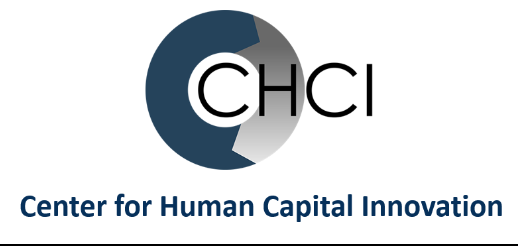Organizational culture is crucial in creating a workplace where employees can work together as a team and contribute to furthering […]
Communicating Culture with Positive Reinforcement
A lot of big words for a simple theory. Or as Boyd so eloquently puts it in the recent Fast Company article, […]
Why Purpose at Work is More Important Than Ever
The radical changes happening in the United States workforce are impacting organizations. If organizations don’t plan to make changes now, […]
Want To Build Excellent Teams? Try This Efficient Model
Working as a team is how the best organizations operate, yet it can be challenging, especially without a roadmap. The […]
Managing Freelancers: 4 Challenges and How to Face Them
The US freelance workforce is currently 53 million strong, and growing fast. In fact, right now freelancers make up 34% […]
Changing Perspectives for Effective Solutions
Perception is reality. That is, the way we see things constitutes our beliefs about the world around us. It is […]
Four Ways to Build Organizational Purpose
Purpose is often cast aside as a non-essential to an organization’s success. Finances, IT, sales and product are discussed far […]
Beyond The Covid19 Crisis – The Future Of Work
There are many articles discussing the impact of Covid-19 on the workplace, ranging from how to go back to work, […]
A Human Capital Strategy to Help America Thrive
By Dr. Allen Zeman No one would argue against the idea that, to thrive in today’s global economy, nations must grow […]
How to Grow Human Capital During Hard Times
By Dr. Allen Zeman Without a doubt, the most important capital right now remains human capital. Organizations that will thrive […]










